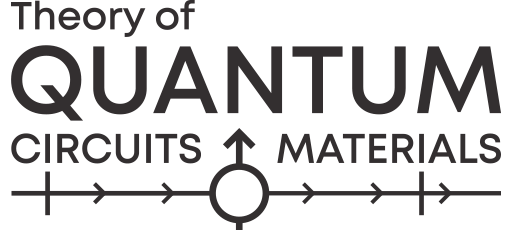APS March Meeting 2023: Prof. Prineha Narang
In this talk, I will present theoretical and computational approaches to describe excited-states in quantum matter, and predicting emergent states created by external drives. Understanding the role of such light-matter interactions in the regime of correlated electronic systems is of paramount importance to fields of study across condensed matter physics, quantum optics, and ultrafast dynamics. The simultaneous contribution of processes that occur on many time and length-scales have remained elusive for state-of-the-art calculations and model Hamiltonian approaches alike, necessitating the development of new methods in computational physics. I will discuss our work at the intersection of ab initio cavity quantum-electrodynamics and electronic structure methods to treat electrons, photons and phonons on the same quantized footing, accessing new observables in strong light-matter coupling. Current approximations in the field almost exclusively focus on electronic excitations, neglecting electron-photon effects, for example, thereby limiting the applicability of conventional methods in the study of nonequilibrium interactions in quantum matter, which requires understanding the coupled dynamics of electronic spins, nuclei, phonons and photons. With our approach we can access correlated electron-photon and photon-phonon dynamics, essential to our latest work on driving quantum materials far out-of-equilibrium to control the coupled electronic and vibrational degrees-of-freedom. In the second part of my talk, I will demonstrate how the same approach can be generalized in the context of control of molecular quantum matter and quantum transduction with implications for scalable quantum architectures.
